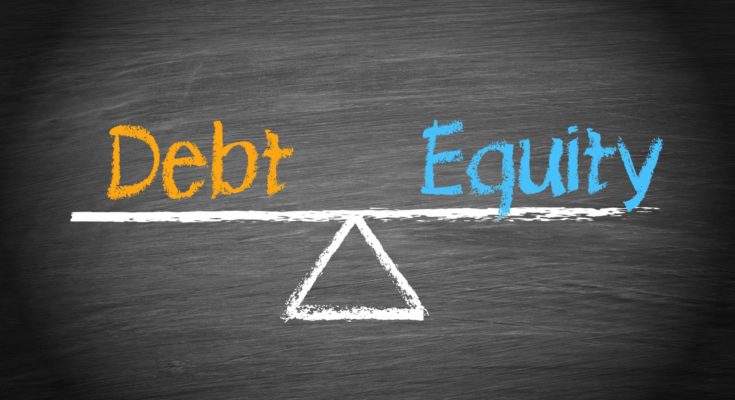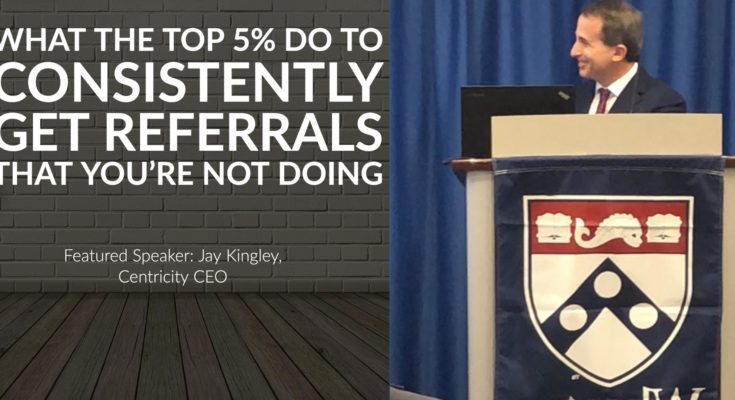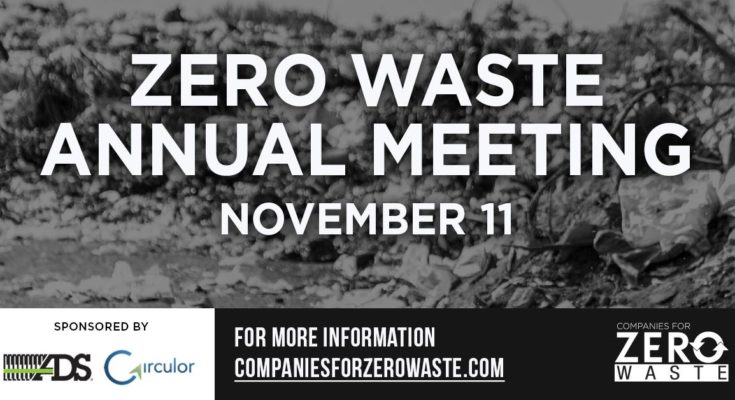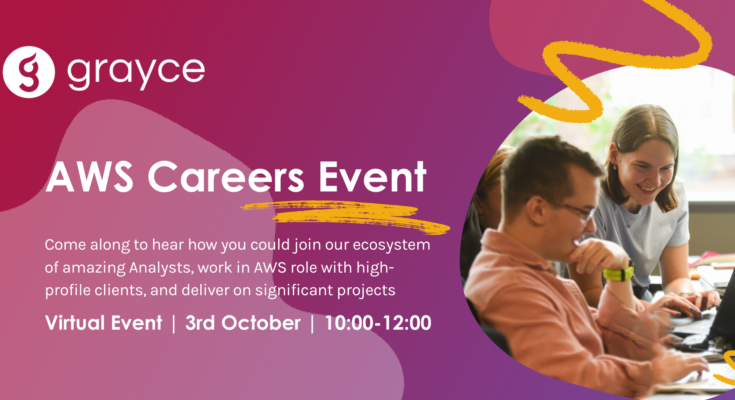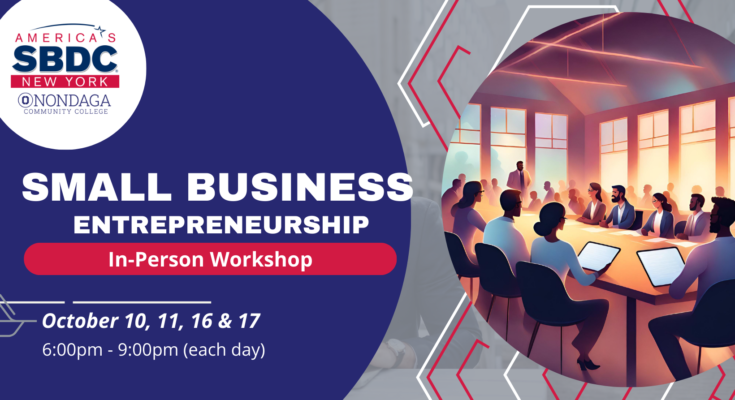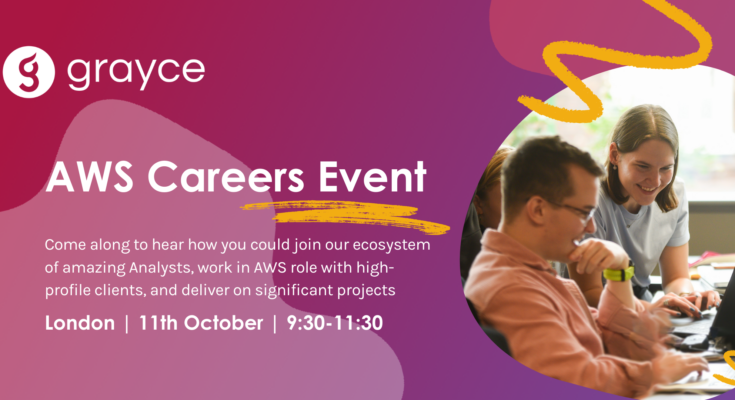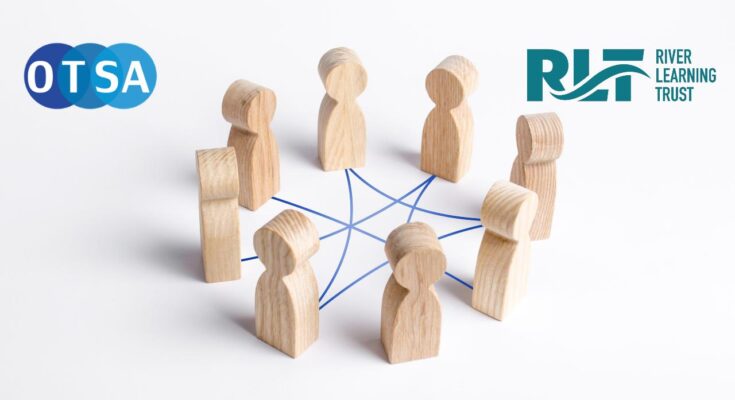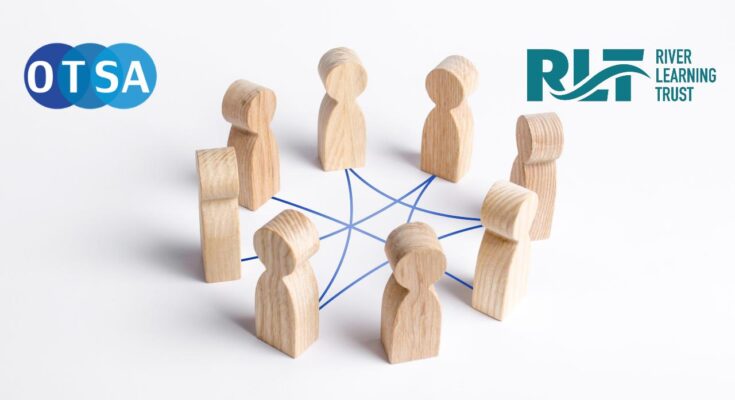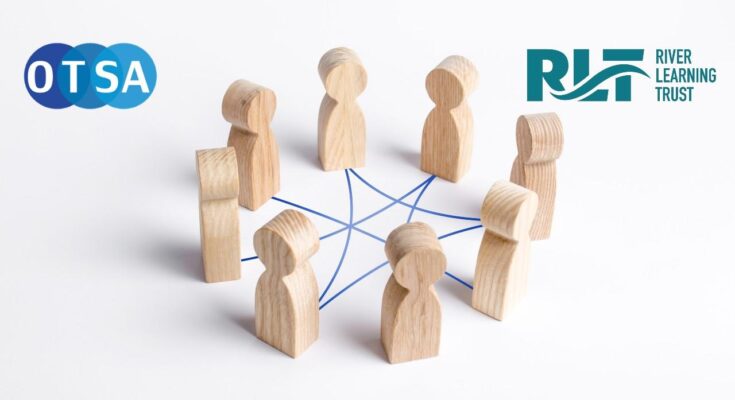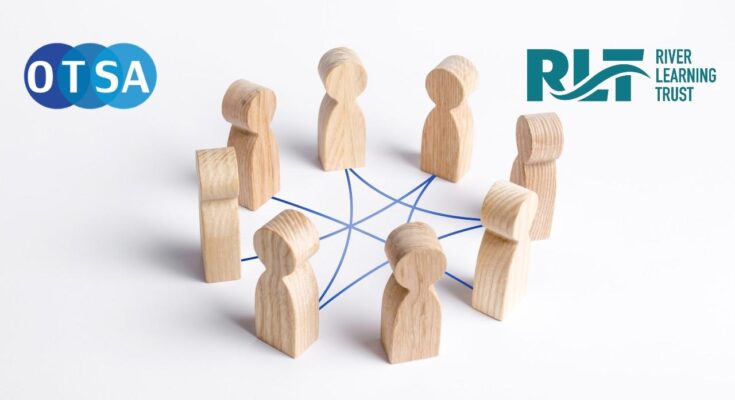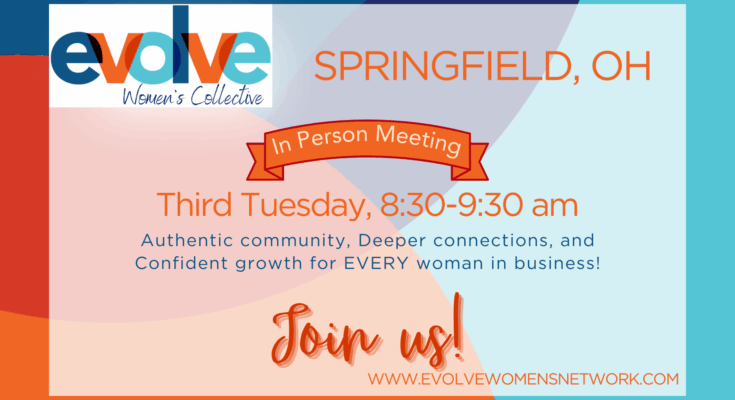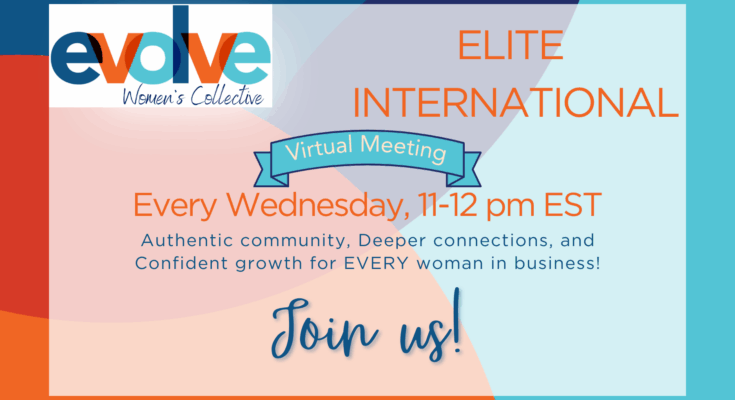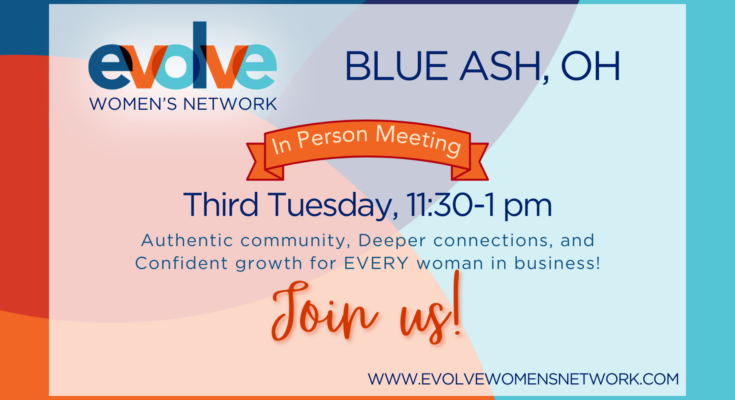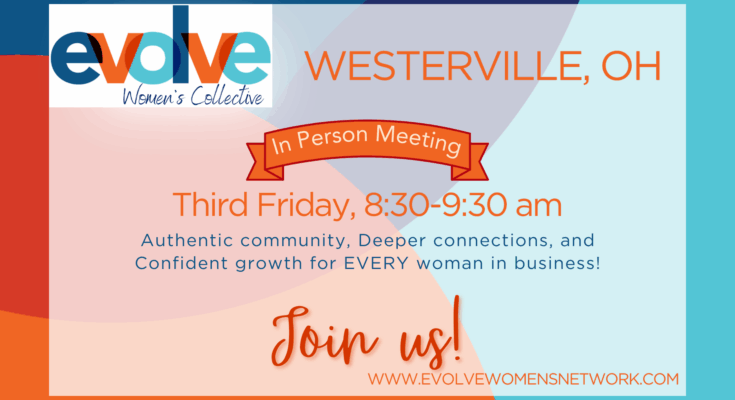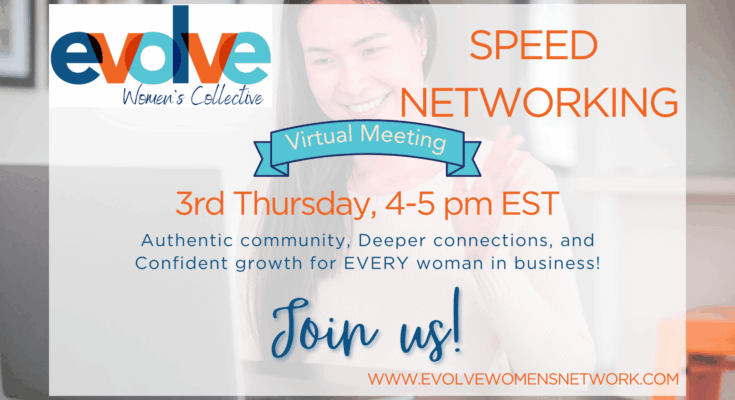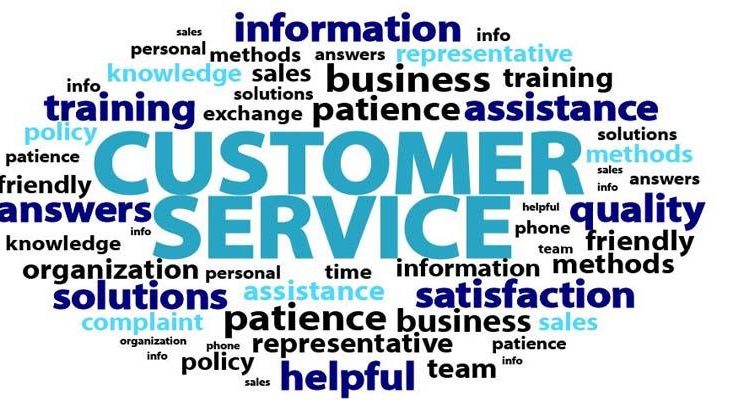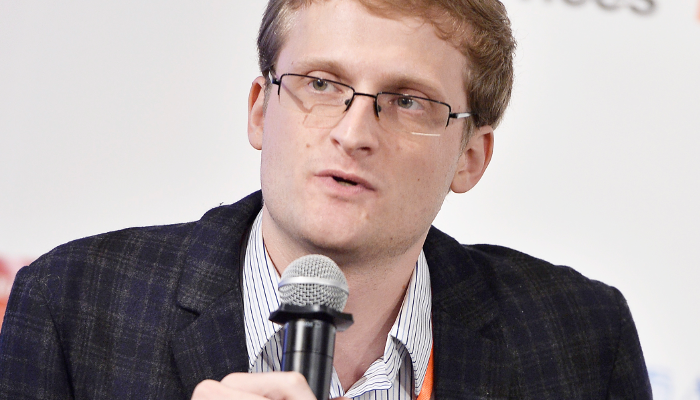We are pleased to present this week Mr. Leonhard Weese, the president of The Bitcoin Association of Hong Kong. We had an exclusive interview with Leonard to get the hard facts and simple concept that a lot of readers have been asking us about BITCOIN and BLOCKCHAIN.
Blockchain and cryptocurrencies are right now on everyone’s lips and you keep hearing more globally famous names out there investing in it, such as the very recent investor of Bitcoin; Elon Musk.
Bitcoin and blockchain has however been around a much longer time than you might think. In Hong Kong year 2012, a group of enthusiasts of the subject formed, and they started promoting Bitcoin. As the group (and interest) grew they became The Bitcoin Association and started educating private people, government and stakeholders about the technology, risks and benefits. The Bitcoin Association is today the name within the community of Bitcoin and similar technologies. Their international events and meet-ups has become world known hotspots where people all around the world flies to Hong Kong in order to educate themselves further and network with the, now, large international community of supporters.
Q1) Could you explain, under 50 words and to a 12 year old, what cryptocurrency and blockchain is
and how they work?
A1) A cryptocurrency is money that is issued through a computer, without the need for a bank or
government. It uses a shared list and mathematics to keep track of who owns how much, and allows the
owners to transfer their money using only a computer.
Q2) What do you think are the top 5 real life advantages of blockchain technology?
A2) The only life changing use of Blockchain I have personally experienced is that of money. There are
several real life advantages to that. Being able to make and receive payments online and across the
world, storing value securely without the need for a custodian and protecting myself from inflation.
Q3) What problems can blockchain solve or address better and who is most threatened by the very
existence of blockchain?
A3) States will lose their ability to print money, and with that comes a broad loss of various powers, such as borrowing cheaply, then inflating this debt away. Banks and payment providers will also have to worry, especially those in oligopolistic markets. Ultimately the world will not be turned upside down by blockchains, markets will merely become more competitive, and consumers will benefit.
Q4) Is blockchain completely secure?
A4) Computers are only secure if they are guarded by humans willing to risk their life defending them. A
blockchain or bank that requires big data centers also requires big guns to be secure. A blockchain that
can be run on a device the size of an egg on solar energy with minimal internet connection can be
hidden, making it easier to defend, and therefore more secure. But either way, people will need to be
willing to defend these things, they aren’t by themselves secure.
Q5) What would you say are the industries where Blockchain will have the most disruptive/game-
changing effect in the near future ?
A5) We have over 4 billion internet users. Almost all of them are reduced to consumers, and most of them
can only consumer free apps and content. Bitcoin will enable 4 billion people to produce for a global
market place. The speed at which human development will be accelerated by this is hard to predict, but
we are looking at the most rapid expansion of wealth, knowledge and productivity in the history of
mankind, within one decade.
Q6) What is the relationship between blockchain and AI’s?
A6) There is no relationship.
Q7) How is the Ethereum blockchain different from the Bitcoin blockchain?
Bitcoin has a clear stated purpose. Bitcoin wants to be money. It’s easy to understand and easy to
dismiss. Ethereum is far more vague in its stated purpose. A world computer? A smart contract platform?
What are these things? Ethereum’s ambiguity also allows our fantasy to go wild, we all see something
else in Ethereum, and in a way, Ethereum can be anything.
It’s true that Ethereum is far more versatile than Bitcoin, but that comes at the cost of being able to
trustlessly take part in the system. You can’t easily run your own Ethereum node, mine Ethere and verify
the integrity of the rules.

Q8) What is the complete flow of a transaction in Blockchain from when it is issued until it gets added
into Block?
A8) Bitcoin are issued through new blocks. Everybody can take part in the mining process and compete for
finding new blocks. The rules allow them to include a transaction ‘from nowhere’ to themselves, currently
6.25 Bitcoin. They will also include other transactions into this block, and take the transaction fees as a
reward. The miner then has to wait for 100 more blocks to be found before they are able to spend their
newly-minted Bitcoin as a regular transaction, which will eventually get picked up in a block by somebody
else.
Q9) Is “the blockchain” just for bitcoin?
A9) I personally don’t see much need or interest in Blockchain beyond just Bitcoin. There is a solid chance
that we might use Blockchains as settlement layers for all sorts of contracts, such as bonds, stock or art.
This is currently done on Ethereum with quite some success, but as contracts are commonly enforced
outside of the blockchain, there isn’t as demonstrable of a need for a blockchain compared to a bearer
asset like Bitcoin.
Q10) Where is blockchain applied in real life business apart from Bitcoin?
A10) Companies commonly issue unregistered securities on blockchains, or they would operate as shadow banks by using a blockchain for their accounts. It’s pretty exciting stuff but we don’t quite know with certainty yet what happens when the state attempts to enforce its laws.
Q11) Hand on your heart: if you had… say the quantity and quality of Google Inc. tech resources you
hack a blockchain wallet?
A11) There are hundreds of possible social engineering attacks that would be highly successful with the kind of resources that Google Inc has. They control internet cables, data centers, people’s inboxes, they can issue TLS certificates, install software on your phone. It would be trivial for Google to steal your Bitcoin, unless you set up your wallet with this threat-model in mind. The great thing about Bitcoin is that it’s absolutely possible to set up a wallet that is resistant to these threats.
Q12) Cold a great hacker from his studio computer hack it ?
A12) The weakest link tends to be the human being in control of the wallet. Unless they know what they are doing with good confidence, they can likely be tricked into revealing their passwords or making a payment to the wrong party.
Q13) If you were an entrepreneur looking at this field with interest, how could you make money with blockchain technology ?
A13) In many ways that’s the big dilemma with blockchain. There’s very little money to be made with it directly, kind of how nobody makes money ‘with dollars.’ But the blockchain allows for a new global electronic economy, and a lot of people will make a lot of money using these tools, despite these tools having a difficult time being developed as nobody can make money producing them.
Q14) Our final question: among the people you know, who’s interview would you want to read next
and why?
A14) I’d want to hear from Bitcoin’s critics, like Amy Castor or David Gerard. I think it’s very hard to find these critics.
Thank you for your time Leonhard! We at FinancEvents will continue following how Bitcoin and Blockchain further develops.
Maja Säholm Westling
Editor
FinancEvents
Next article, Interview with UAE gold magnate Mr Amran Al Sharhan


